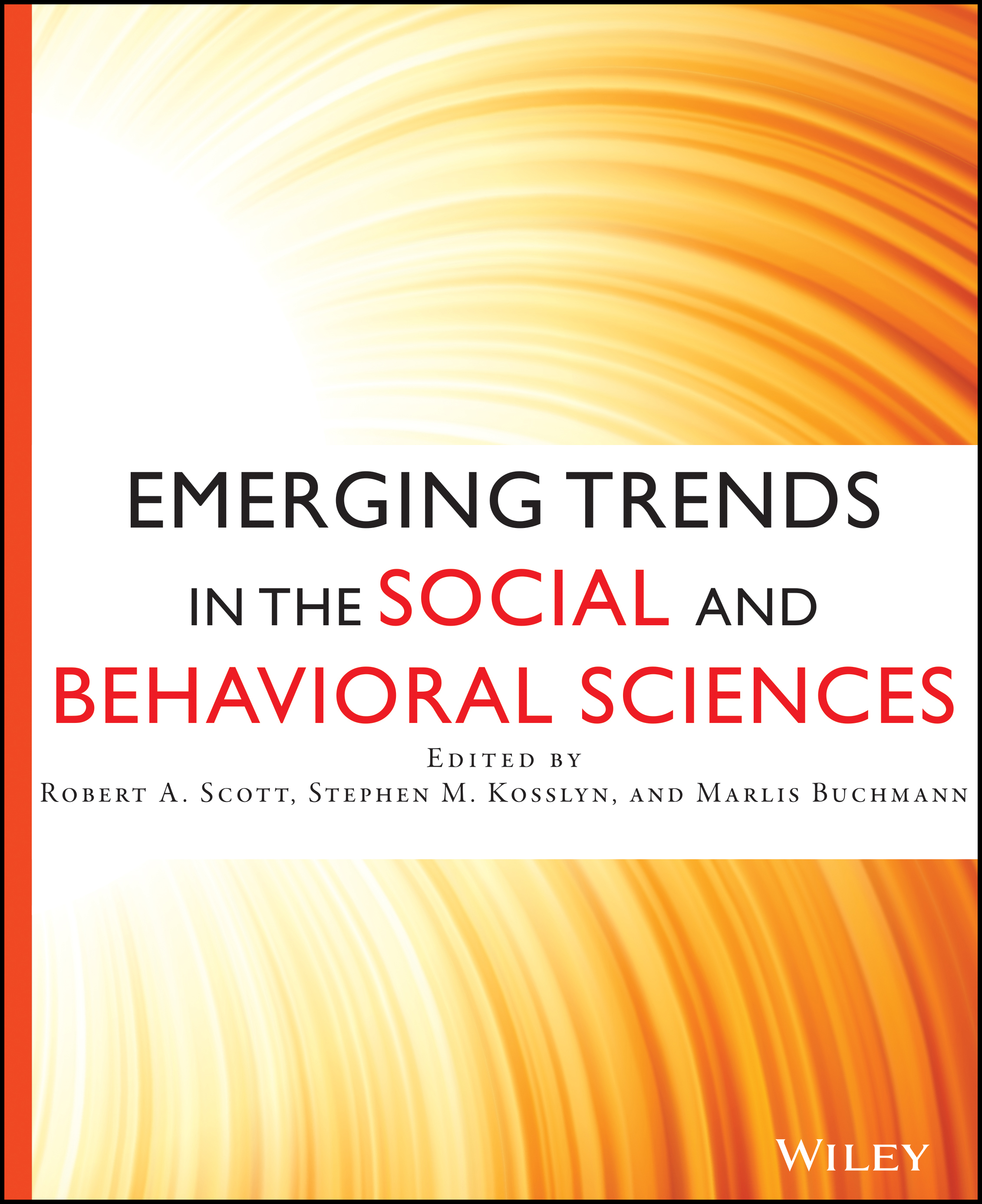Social Neuroendocrine Approaches to Relationships
Abstract
Social neuroendocrinology is the study of social behaviors and hormones, using ultimate (evolutionary) and proximate (mechanistic) considerations, alongside social context. In this entry, two scholars from psychology and anthropology focus on social relationships (e.g., parenting, romantic relationships, sexual contacts) and both peptide (e.g., oxytocin, vasopressin) and steroid hormones (e.g., testosterone, estradiol, cortisol). Basic theoretical underpinnings of social neuroendocrinology are discussed, along with classic and cutting edge scholarship alongside newer theories. The challenges and promises of social neuroendocrine approaches to relationships are detailed, with an eye to the future of the discipline.



